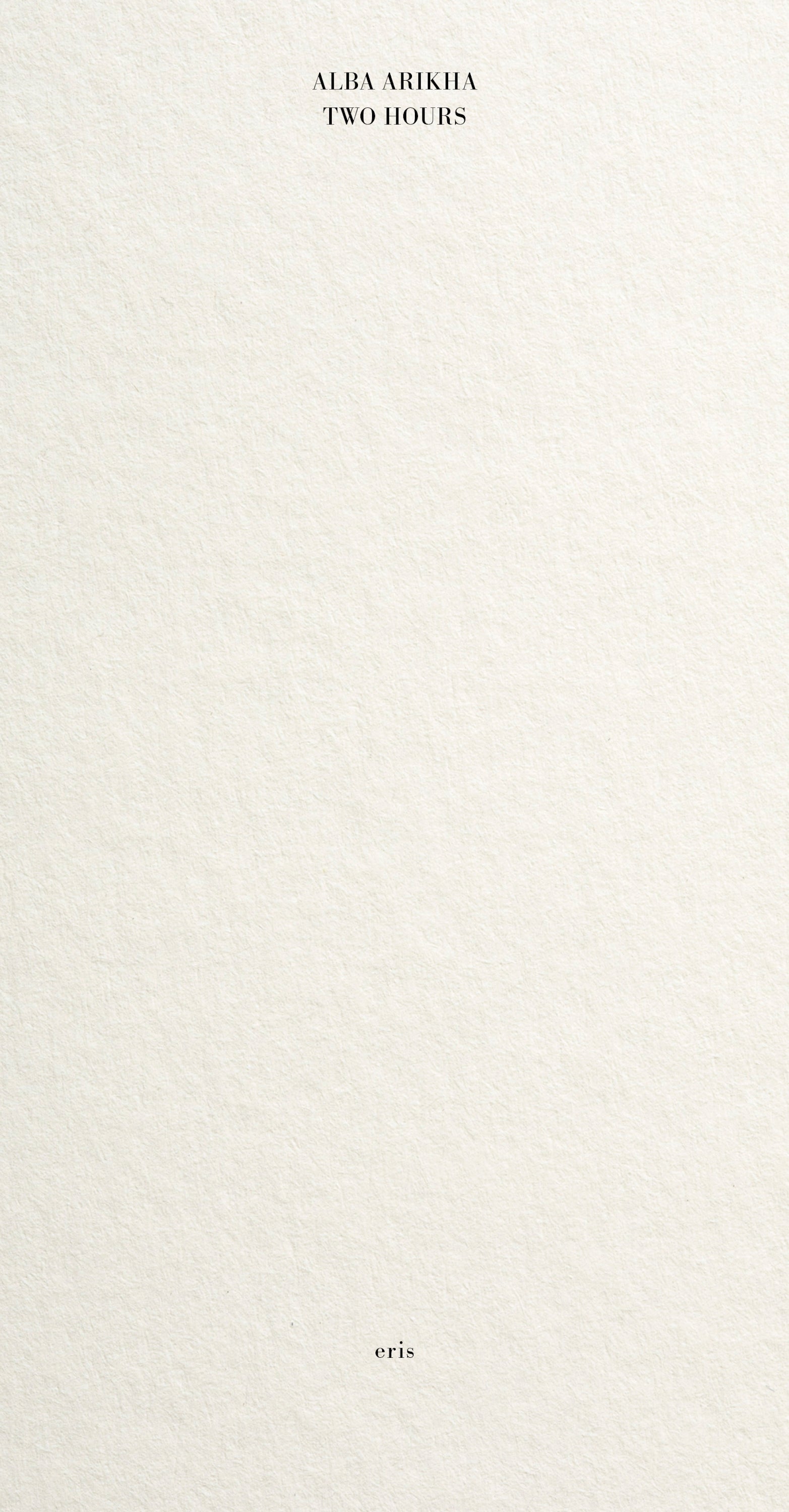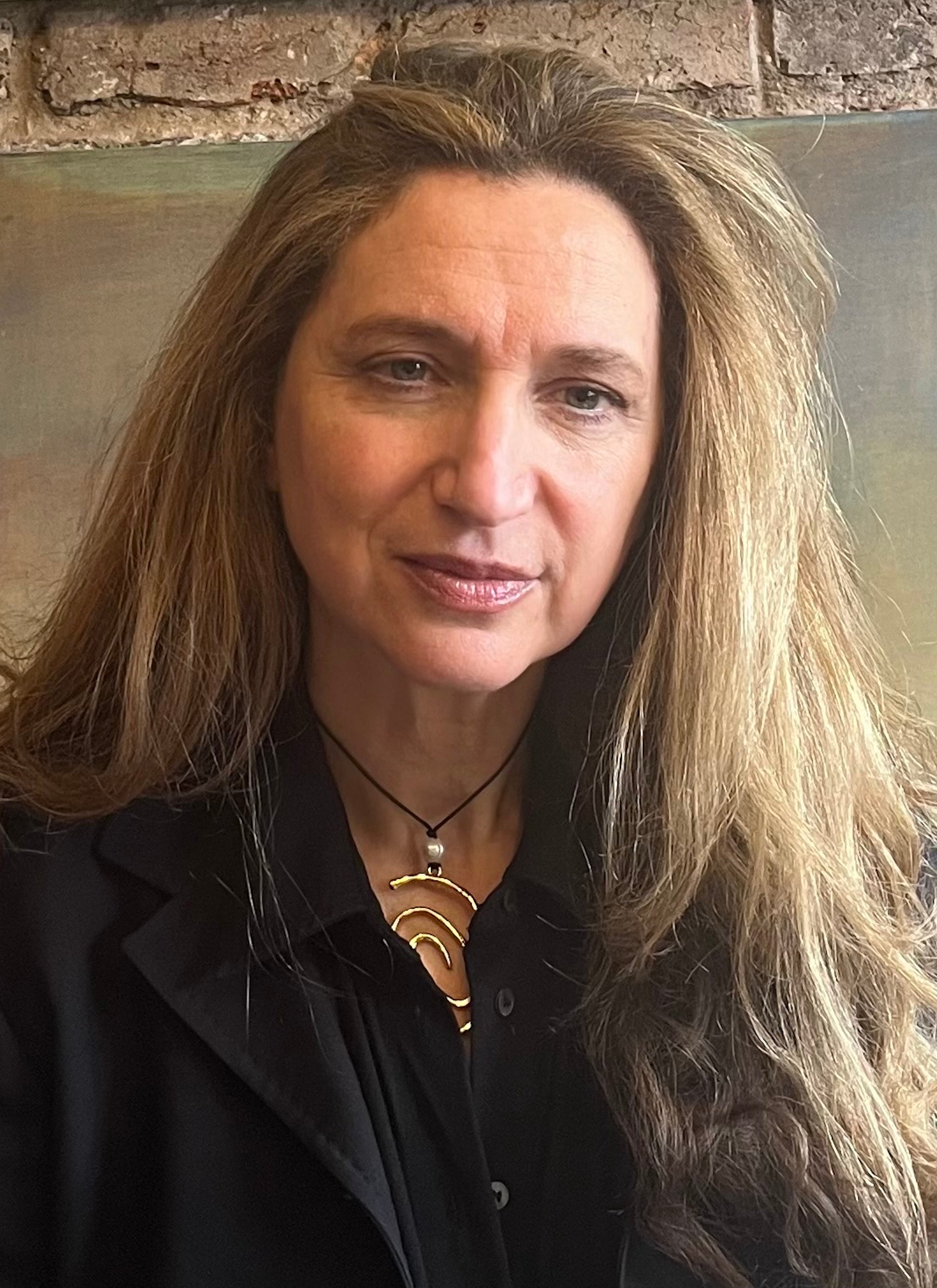Originally of Alba Arikha’s new novel, Two Hours, our 16-year-old narrator Clara has simply moved from Paris to Manhattan after her father will get a job educating at Columbia. It’s the mid-Eighties and she or he is by no means pleased in regards to the change, although the household are staying within the plush Park Avenue residence of her father’s a lot wealthier good friend, Andre Karlick, an artwork seller. Karlick has a 16-year-old son, Alexander, who’s literary, pretentious, and really handsome, and on whom Clara, maybe inevitably, varieties an on the spot crush. She could be very droll about this, conscious of herself as hanging a love-struck teenage pose even whereas incapable of doing anything. “I can’t admit my ignorance,” she confides within the reader, as Alexander flaunts his love for Dostoevsky. “I need to discover a approach of shifting the dialog. What about Jane Austen, I enterprise timidly?”
This lightning-bolt strike of infatuation will turn into a defining streak in Clara’s life, an exemplar of the way in which we so usually dwell within the shadow of what may need been, even when that shadow so usually includes baseless fantasy. Alexander strikes to London, from the place he sends Clara a single postcard (which she pores over obsessively, satisfied it incorporates a conclusive declaration of eternal love). After which they drift aside, till one other pivotal encounter in her twenties in New York’s Soho units her emotions in movement as soon as once more. And but she marries another person, has two kids, and strikes to London herself. A few years later will come a 3rd trade of types; it’s a measure of Arikha’s ability that the “will-they-won’t-they” subtext of this in any other case distinctly literary novel is as thrilling as any romance.
Arikha, whose life bears many biographical particulars along with her narrator, and whose 2017 memoir Main/Minor, was extremely praised, isn’t very well-known on this nation. Actually, she must be. Two Hours matches triumphantly inside a subgenre of novels invariably written by girls that tease the reader with their autobiographical proximity whereas bearing witness to the shared female experiences of marriage and motherhood in methods which can be each intimate and self-consciously indifferent.

Clara has a approach of herself from a distance, like a photographer coaching a telephoto lens. “I can see myself stepping out of that residence constructing,” she says, in a momentary acknowledgement of her method, and that potential to concurrently observe and reveal herself runs all through the novel.
There are unmistakable nods, too, to the fashion of Rachel Cusk, who has perfected this form of extremely aestheticised self-scrutiny (one encounter, which takes place on an aeroplane, may have come straight from Cusk’s novel Kudos). But in lots of respects Arikha just isn’t like Cusk in any respect – she’s each extra companionable on the web page and extra clearly clever. And way more amusing. “I write novels that replicate my life,” says Clara. “Motherhood, marital strife, actual property longings.”
She’s additionally Jewish. A number of members of Clara’s mom’s household died within the Holocaust, and though this comes throughout with the marginally clumsy air of undigested private historical past – a third-generation displacement that the character of Clara has but to completely reckon with – it’s of a chunk in a novel that’s sharply alert to concepts of dislocation and the impression of the previous. Alexander’s personal mom was born in Auschwitz in 1945 and early within the novel kills herself. “She couldn’t dwell along with her historical past,” says Clara’s father. Within the novel’s background is a recurring theme of youngsters rising up within the orbit of badly broken moms, and the legacy of what goes unaddressed. On a lesser degree, Clara will typically be responsible of not addressing issues, too.

All of it reads extraordinarily effortlessly, but prose this pellucid and exact is something however simple to tug off. Arikha exerts excessive management over the data she divulges – essentially the most seemingly incidental element is allowed to yield unexpectedly vital info. In school Clara is rapped over the knuckles for daydreaming. She winces however doesn’t cry. “I seldom cry in public,” she tells us. This deceptively informal selectivity turns into extra frequent because the novel proceeds, to the purpose that the reader finds themself wrongfooted by the abrupt dispatches of knowledge. With out a lot preparation, we’re plunged into the quicksand of Clara’s more and more bitter marriage, her excessive postnatal despair, and her rising success as a novelist. Generally, too, our perspective on Clara is altered in a second by a throwaway remark from another person. “It’s at all times been like that with you,” says Clara’s sister, pissed off by her reluctance to speak about her marriage. “We get the leftovers with out figuring out the place they’re coming from.”
Two Hours ends in an surprising approach, however maybe it at all times needed to. “Her path didn’t end up as she thought it might,” Clara says, referring to a dialog with a good friend, after which provides, “I replied that it usually didn’t.” It’s a mark of this novel’s mild knowledge that it finds the wonder in accepting the trail a life can take, moderately than trying again in remorse.



